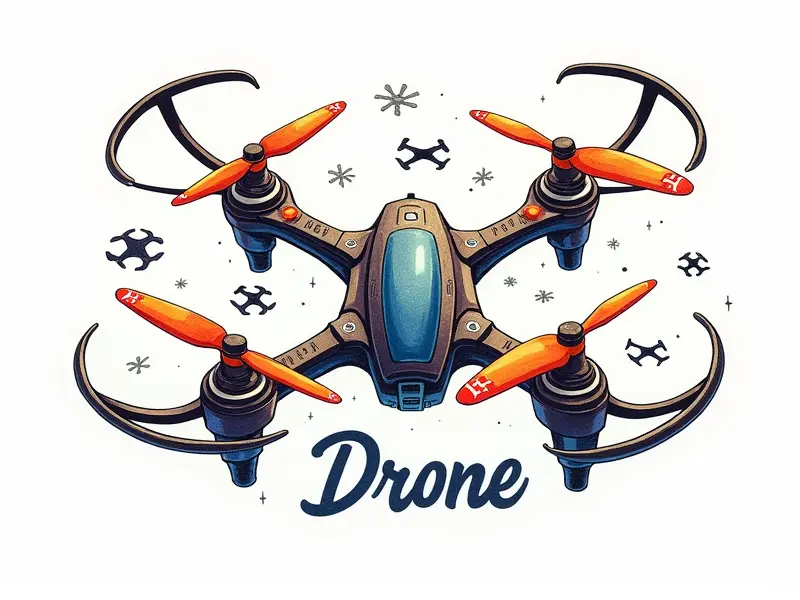Drones and privacy concerns

How Drones Are Impacting Privacy Rights
The advent of drones has brought about a significant shift in the landscape of privacy rights. These unmanned aerial vehicles (UAVs) are increasingly being used for various purposes, from photography to surveillance and even commercial activities. However, their widespread use raises serious concerns regarding personal privacy.
Legal Implications of Drone Privacy Violations
The legal implications of drone privacy violations are complex and multifaceted. As technology advances, so too do the challenges in regulating it. Current laws often struggle to keep pace with rapid technological developments, leaving gaps that can be exploited by those seeking to invade others' privacy.
Protecting Your Privacy from Drones Above
To safeguard your privacy against potential drone threats, several measures can be taken:
- Erect Physical Barriers: Install fences or other structures that limit the ability of drones to fly over private property.
- Use Anti-Drone Technology: Deploy anti-drone systems such as jamming devices, nets, and signal blockers to prevent unauthorized access.
- Install Surveillance Cameras: Monitor your airspace with cameras designed specifically for detecting and tracking drones.
Balancing Drone Use with Privacy Protection
The key challenge lies in balancing the benefits of drone technology with the need to protect individual privacy. This requires a nuanced approach that considers both technological advancements and societal values.
Safeguarding Privacy in the Age of Drones
As drones become more prevalent, it is crucial for lawmakers to develop comprehensive regulations that address privacy concerns while still allowing for innovation and growth within the drone industry. This includes:
- Enforcing Clear Boundaries: Establish clear guidelines on where drones can fly and what they can capture.
- Implementing Data Protection Standards: Mandate strict data protection measures to ensure that any information collected by drones is handled responsibly.
The Dark Side of Drone Photography
Drones equipped with high-resolution cameras pose a significant threat to privacy. They can capture detailed images and videos from angles previously inaccessible, raising concerns about the misuse of such technology for voyeuristic purposes or other nefarious activities.
Navigating Privacy Laws for Drone Operators
Drone operators must be aware of existing privacy laws and regulations governing their use. This includes understanding property rights, airspace restrictions, and data protection requirements to avoid legal repercussions.
Drone Surveillance: A Growing Privacy Concern
The increasing use of drones for surveillance purposes is a growing concern among privacy advocates. The ability to monitor large areas continuously without being detected poses significant risks to personal privacy.
Is Your Privacy at Risk from Drones?
With the proliferation of drones, it's essential to assess whether your privacy might be compromised by unauthorized aerial surveillance. This involves evaluating potential vulnerabilities and taking proactive steps to mitigate them.
FPV Racing Drones and Your Right to Privacy
First-person view (FPV) racing drones are popular among hobbyists but can also pose a threat to personal privacy if not used responsibly. Operators should be mindful of the potential for these devices to invade others' privacy during races or other activities.
Why Privacy Worries Follow RC Quadcopters
Remote-controlled (RC) quadcopters, similar to FPV racing drones, also raise concerns about privacy. Their small size and maneuverability make them ideal for covert surveillance, which can lead to unwanted intrusions into private spaces.
A Conclusion on Drones and Privacy Concerns
The integration of drones into our daily lives presents both opportunities and challenges, particularly in the realm of personal privacy. As technology continues to evolve, it is imperative that we strike a balance between embracing innovation and protecting fundamental rights. By understanding the legal landscape, implementing protective measures, and advocating for sensible regulations, we can ensure that the benefits of drone technology are realized without compromising individual privacy.

